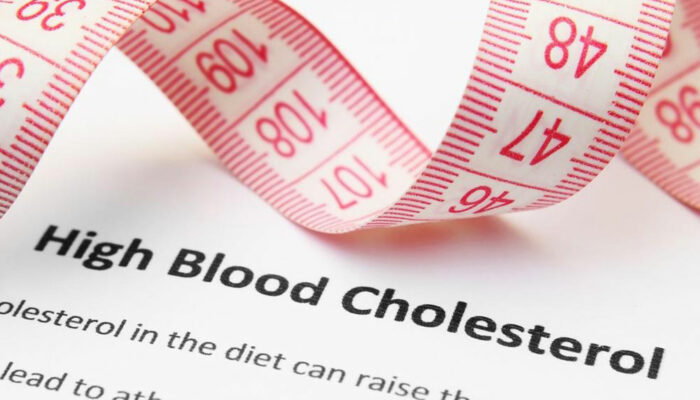
Warning signs and treatment options for Huntington’s chorea
Huntington’s chorea is an inherited disease. This disease leads to the degeneration of nerve cells in the brain. Due to this progressive breakdown, Huntington’s chorea results in the inability of cognitive thinking, movement, and leads to psychiatric disorders.
Huntington’s chorea can emerge at any age, as early as during the 20s too, but the prominent symptoms get noticed in the age of 30s or 40s.
The initial symptoms of Huntington’s chorea include:
- Body imbalance, coordination problems, and clumsiness
- Uncontrolled fidgety movements
- Slowing or stiffness of movements
- The inability to think while facing a problem
- Irritability and depression
Warning signs of Huntington’s chorea
Huntington’s chorea typically leads to movement, cognitive and psychiatric disorders. The signs and symptoms of these disorders grow gradually and became dominant in the severe stages and lead to a diminished quality of life.
Movement disorders
The movement disorders include both involuntary movement problems and impairments in basic movements. The involuntary movement problems include:
- Jerking or writhing movements
- Rigidity in muscles or muscle contracture which is known as dystonia
- Abnormal or slow eye movements
- Impaired gait, posture, and balance
- Difficulties in swallowing or talking
Impairments in the movements lead to an inability to perform the necessary daily activities and the patient becomes dependent on others to lead a normal life.
Psychiatric disorders
Depression is the most common psychological disorder found among the patients of Huntington’s chorea. Depression occurs due to the regular and subsequent internal brain injuries and changes in the functioning of the brain. Some of the warning signs of psychiatric disorders of Huntington’s chorea include:
- Apathy or sadness and feelings of irritability
- Insomnia and social withdrawal
- Loss of energy and fatigue
- The thought of taking extreme steps such as suicide
- Intrusive thoughts, recurrent and repetitive behaviors
- Inflated self-esteem and impulsive behaviors
- Progressive weight loss along with the above symptoms
Cognitive disorders
The various cognitive damages of Huntington’s chorea include:
- Difficulty in learning new things
- Slowness in the thought process
- Difficulties in organizing things
- Difficulties in prioritizing tasks
- Lack of control over impulses
- Lack of knowledge on own abilities and behaviors
Treatment of Huntington’s chorea
Medical science has yet to establish a cure for Huntington’s chorea. However, planned medication can control the progression of the symptoms to a certain extent. It has been observed that multiple medical interventions help patients to adapt to a limited number of positive changes.
The treatment plan evolves with the extent of progressive symptoms; thus, medication gets reviewed on regular intervals meet the new treatment goals. Different medications are prescribed to treat specific disorders such as movement disorders or psychiatric disorders.
Tetrabenazine and antipsychotic drugs such as chlorpromazine and haloperidol (Haldol) are used to treat movement linked disorders. Furthermore, to treat movement disorders doctors also prescribe other medicines such as levetiracetam, amantadine, and clonazepam.
To treat psychiatric disorders, doctors usually prescribe the below-mentioned drugs:
- Antidepressants: Citalopram, escitalopram, fluoxetine and sertraline
- Antipsychotic drugs: Quetiapine, risperidone, and olanzapine
- Mood-stabilizing drugs: Valproate, carbamazepine, and lamotrigine
Aside from this, psychotherapy-based treatments are also adapted to manage behavioral problems and develop coping strategies among the patients of Huntington’s chorea.



